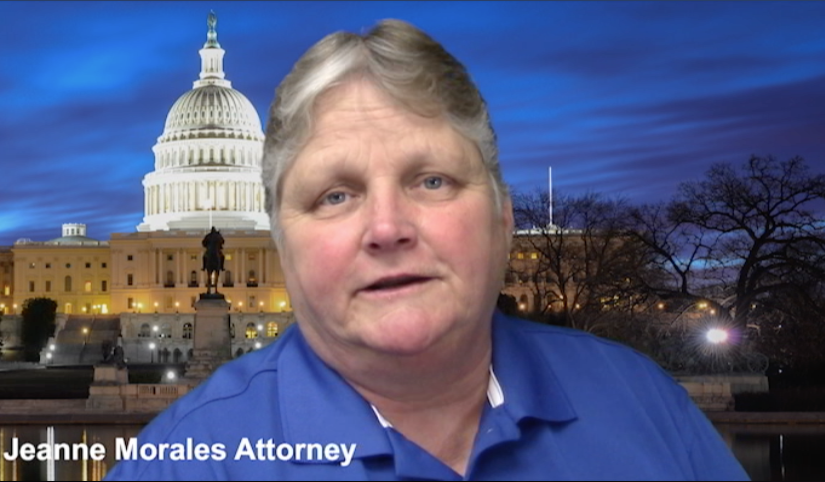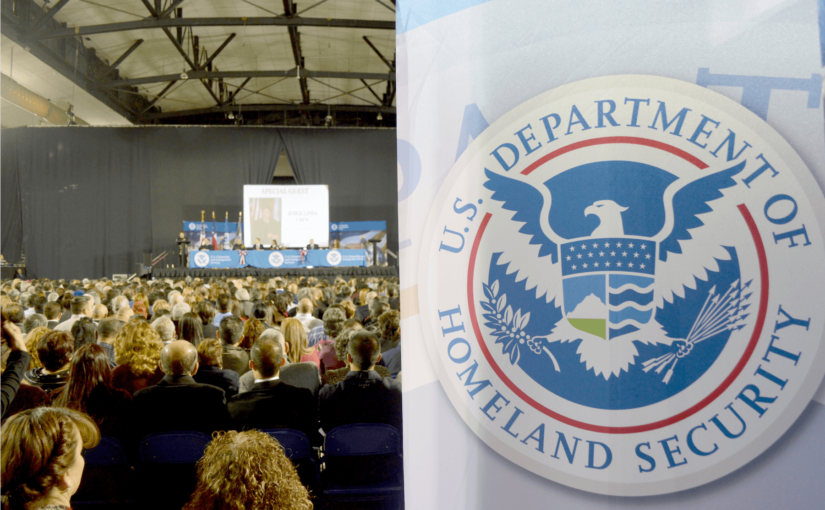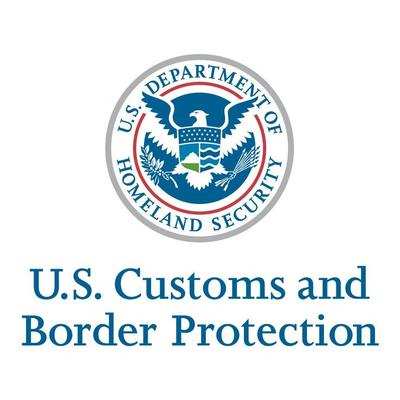I-539, Application To Extend/Change Nonimmigrant Status
ALERT: We have revised Form I-539, Application to Extend/Change Nonimmigrant Status, and will publish the revised form on our website on March 8, 2019. We will reject any Form I-539 with an edition date of 12/23/16 or earlier that is received by USCIS after March 21, 2019. Starting on March 22, 2019, we will only accept the revised Form I-539 with an edition date of 02/04/19. We will also be publishing a new Form I-539A, Supplemental Information for Application to Extend/Change Nonimmigrant Status, on the Form I-539 page on March 8 (replacing Supplement A of Form I-539). Additional information related to the new form is forthcoming.
The following groups use this form:
- Certain nonimmigrants extending their stay or changing to another nonimmigrant status;
- CNMI residents applying for an initial grant of status;
- F and M nonimmigrants applying for reinstatement; and,
- Persons seeking V nonimmigrant status or an extension of stay as a V nonimmigrant.
Instructions for Form I-539 (PDF, 440 KB)
Instructions for Supplement A to Form I-539 (PDF, 337 KB)
Form M-752, Helpful Filing Tips for Form I-539 (PDF, 99 KB)
Form G-1145, E-Notification of Application/Petition Acceptance (PDF, 238 KB)
Number of Pages
Form 9; instructions 16.
Edition Date
12/23/16. We will publish a new edition of this form on March 8, 2019. Starting on March 22, 2019, we will only accept the revised Form I-539 with an edition date of 02/04/19. You can find the edition date at the bottom of the page on the form and instructions.
Where to File
For a complete list of mailing addresses, visit our Form I-539 Direct Filing Addresses webpage.
If filing at a Lockbox, please read our filing tips.
Filing Tips for Form I-539, Application To Extend/Change Nonimmigrant Status
Complete all sections of the form. We will reject the form if these fields are missing:
- Part 1 – Information About You
- Family Name
- Mailing Address
- Date of Birth
- Part 2 – Application Type
- Number 2.a.
- Number of People Included in This Application.
Don’t forget to sign your form! We will reject any unsigned form.
Filing Fee
$370. You may pay the fee with a money order, personal check, or cashier’s check. When filing at a USCIS Lockbox facility, you may also pay by credit card using Form G-1450, Authorization for Credit Card Transactions. If you pay by check, you must make your check payable to the U.S. Department of Homeland Security. Please note that service centers are not able to process credit card payments. Use our Fee Calculator to help determine your fee.
| Filing Type | Filing Fee | Biometric Services Fee |
|---|---|---|
| V Nonimmigrants | $370 | $85 |
| CNMI initial grant of status | $370 | $85 |
| A1, A2, A3, G1, G2, G3, G4, G5 | $0 | $0 |
| All other filing types | $370 | $0 |
Checklist of Required Initial Evidence (for informational purposes only)
View the checklist of required initial evidence.
Special Instructions
| Nonimmigrant Type | Additional Instructions |
|---|---|
| Commonwealth of Northern Mariana Islands (CNMI) Residents |
|
| B Nonimmigrant Extension | |
| B1 or B2 Nonimmigrants | |
| K-3/4 Nonimmigrants |
|
| V Nonimmigrants |
|
E-Notification: If you want to receive an email and/or text message that your Form I-212 has been accepted at a USCIS Lockbox facility, complete Form G-1145, E-Notification of Application/Petition Acceptance, and clip it to the first page of your application.
Related Links
Related Links
- USCIS to Publish Revised Form I-539 and New Form I-539A
- How Do I Extend My Nonimmigrant Stay in the U.S.? (PDF, 121 KB)
- How Do I Change to Another Nonimmigrant Status? (PDF, 483 KB)
Filing Information
- Filing Addresses for Form I-539, Application to Extend/Change Nonimmigrant Status
- Lockbox Filing Tips
- Grants of Status
- Changing to a Nonimmigrant F or M Student Status
FORMS
- File Online – Create an Account or Sign In
- Most Popular Forms
-
- Apply for Citizenship (Form N-400)
- Apply for a Green Card (Form I-485)
- Petition for Alien Relative (Form I-130)
- Apply for Employment Authorization (Form I-765)
- Affidavit of Support (Form I-864)
- Employment Eligibility Verification (Form I-9)
- Apply for a Travel Document (Form I-131)
- Remove Conditions on a Green Card through Marriage (Form I-751)
- Renew or Replace My Green Card (Form I-90)
- G-1055, Fee Schedule
- Forms Information
- Filing Fees
- Forms Updates
- Department of State (DS) and Other Non-USCIS Forms
- G-1055, Fee Schedule
Last Reviewed/Updated: 03/01/2019
Source: (https://www.uscis.gov/i-539)






